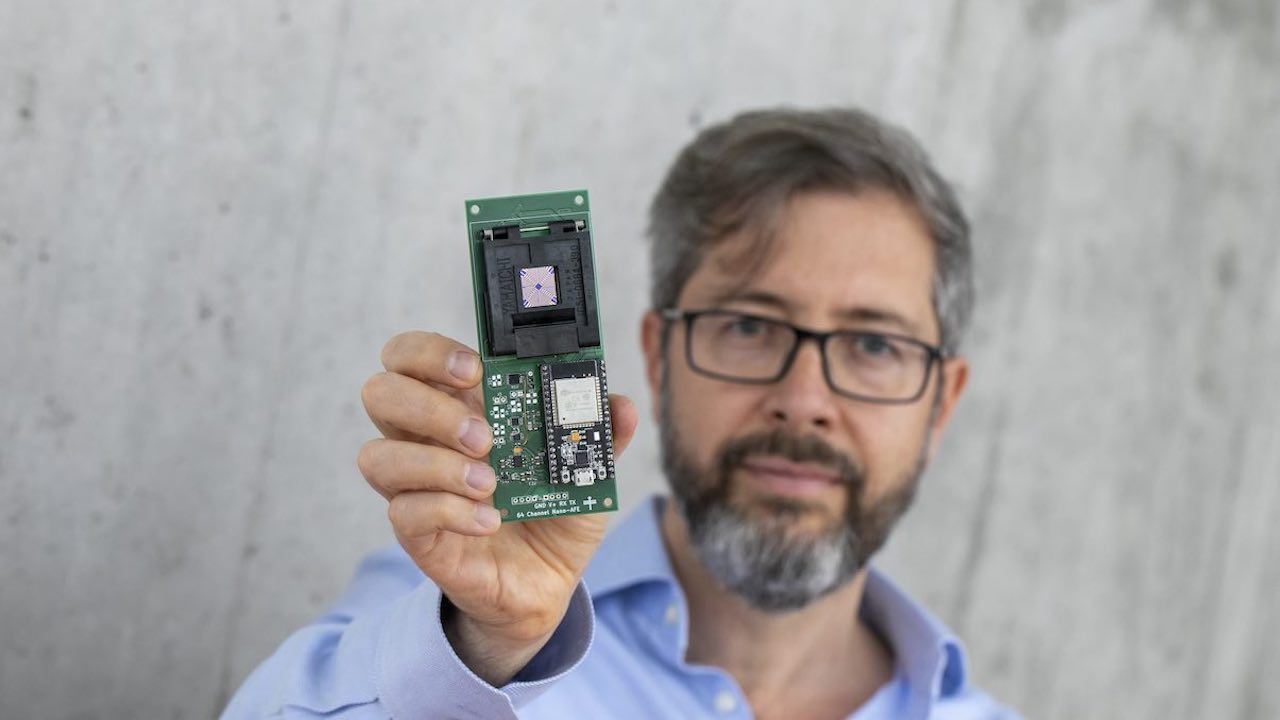At our chair, we explore and harness the fascinating properties of matter at the nanoscale, spanning the domains of physics, chemistry, mechanics, and optics. Since 2007, our research and teaching efforts have been devoted to unlocking the full potential of these properties, by translating them into disruptive technologies.
